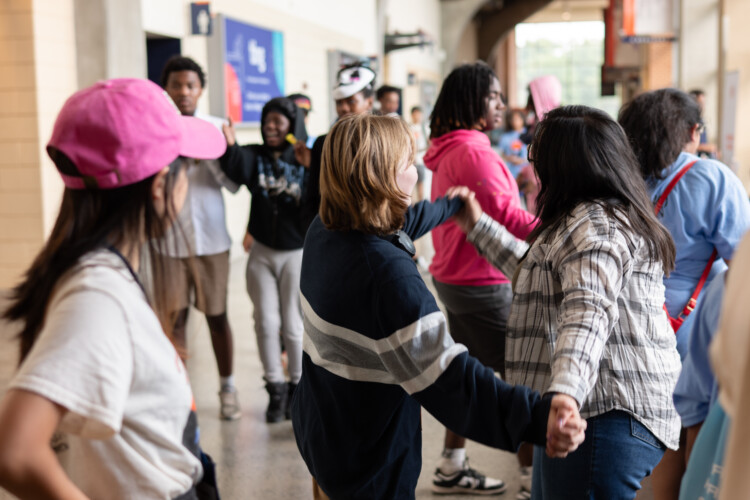One objective of the Institutional Challenge Grant is to signal greater institutional support for social impact research. As part of this effort, the foundation has joined a handful of other funders—the Spencer Foundation, the Office of Planning Evaluation and Research in the United States Department of Health and Human Services, the National Science Foundation, and others—to support partnerships between researchers and practitioners or policymakers to address important problems of policy and practice and to advance science. A unique twist of the initiative at the William T. Grant Foundation is that the institutions involved must also propose a plan to better value the work of the partnership and those involved.
For research institutions—like universities or the colleges and research centers housed within—this means making changes to the status quo. Typically, research institutions most highly value research produced for and used by the academy, and this approach has many merits. Strong theory, innovation, and high-quality research have long and productive traditions. At the same time, pressing social issues persist, and additional approaches—that are also valued by the academy—are needed.
One approach that offers promise for advancing theory and creating social impact are partnerships between policymakers or practitioners and researchers. Long-term partnerships that jointly address pressing issues of policy or practice enable the production of research that is relevant to the local context, a connection to relevant knowledge from existing research, and an iterative process of making sense and using the research findings in the local context.
The bottom line: universities can incentivize faculty to become engaged in responding to real-world problems and having a social impact. Join us in figuring out how to make this happen.
While appealing on many fronts, it can be daunting for research institutions to confront how current policies and practices may undermine the relationships, skills, and resources needed to nurture and sustain partnerships that have a social impact. To aid this effort, in April, our Foundation hosted a webinar with two members of the Institutional Challenge Grant selection committee—Adam Gamoran, president of the William T. Grant Foundation, and Mike Gottfredson, the Chancellor’s Professor of Criminology, Law, and Society of Law at UC Irvine—who shared their ideas about institutional change to better value research-practice partnerships.
The two reflected on how the Selection Committee evaluates each proposal’s plan to change institutional policies and practices. Key considerations include:
- A thoughtful discussion of institutional obstacles that are barriers to fully engaging in partnership research
- Evidence of institutional concern and commitment to these issues
- A plan to overcome these obstacles, with an emphasis on structural change
- Assurances that the research institution will alter policies or enact new practices to attract and reward experienced investigators to conduct partnership research. This should be reflected in:
- the level of commitment from key actors,
- key policies and/or practices that may shift, and
- key financial aspects of the university.
Clearly, there is no single path to foster institutional change. Initial steps might involve teaching releases for faculty engaged in partnerships or summer salaries for faculty who collaborate with partners in community-based organizations or public agencies on research. We invite even bolder actions. The first three Institutional Challenge Grant recipients and selection committee discussions have proposed ideas that involved one or more of the following:
- Build a supportive infrastructure
- develop and fund an institutional center to support partnership research fully
- affiliate the partnership program and provide support with a structural element currently in the university
- create an on-going mechanism in the university to encourage and facilitate faculty from other units to engage in the scholarship of the partnership
- Establish compelling incentives to reward research-practice partnership work
- reconsider how applied research contributions are judged in career advancement decisions
- review guidelines for tenure and promotion
- create new types of faculty positions that focus on partnership scholarship and have compensation, review, and continuing appointment provisions as regular “tenure-eligible” faculty
- Change the image of a “successful researcher” to include those who work in partnerships
- signal that research-practice partnerships and excellent research are compliments
- select faculty fellows who serve as visible examples of the benefits of engaging in research-practice partnerships
- fully embed partners within the institution of the other partner for a period
We welcome other new and creative ideas for transforming how institutions value the work of research-practice partnerships and those engaged in partnering. Regardless of the institutional change proposed, Mike Gottfredson encourages applicants to develop plans that suggest “changes that are significant, plausible, and likely to extend beyond the grant period.”
The bottom line: universities can incentivize faculty to become engaged in responding to real-world problems and having a social impact. Join us in figuring out how to make this happen.





